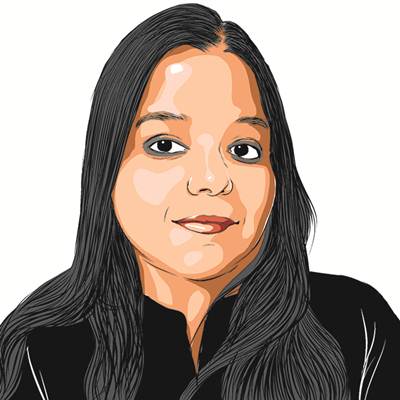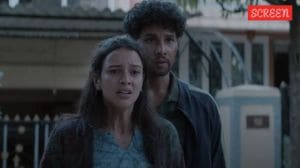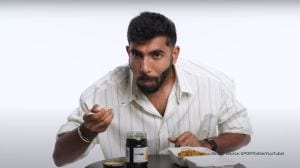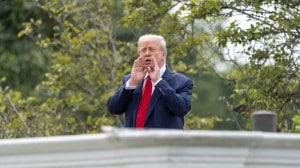A daughter of Punjab travels to Pakistan, reconnects with her roots – and fulfils her grandfather’s last wish
Kiran collected mitti (soil) from her ancestral fields, touched the peepal tree her grandfather used to remember. He died with an unfulfilled wish- to meet his brother left behind during partition, again
 Kiran with her uncle (grandfather's brother's son) Nazeer Ahmad Ghuman at their ancestral village in Sialkot of Pakistan’s Punjab province. (Photo courtesy: Jeevay Sanjha Punjab)
Kiran with her uncle (grandfather's brother's son) Nazeer Ahmad Ghuman at their ancestral village in Sialkot of Pakistan’s Punjab province. (Photo courtesy: Jeevay Sanjha Punjab)When Karamjit Kaur Ghuman aka Kiran, 52, set foot in her ancestral village in Sialkot in Pakistan’s Punjab recently, flower petals, delicacies and tears of joy awaited her — as if she was visiting home for the first time after marriage.
On October 24 this year, United Kingdom-based Kiran fulfilled her grandfather’s dying dream — over 75 years after Partition, she returned to their ancestral Ganjianwala Kalan village in Pakistan’s Sialkot.
“My grandfather Bahadur Singh and one of his brothers Wadhawa Singh had moved to India during Partition, while their other brother Ujagar Singh had stayed back. Years later we got to know that he had converted to Islam and his new name was Ghulam Mohammad. Then our families started connecting via letters. I had sent him my wedding invite years ago, but no one was able to attend due to the bitter ties between both countries. They had even preserved my wedding card,” says Kiran, a therapist based in Leicester, who went to Pakistan via the Attari border.
 Kiran collecting mitti (soil) from the ancestral fields of her family. (Photo courtesy: Jeevay Sanjha Punjab)
Kiran collecting mitti (soil) from the ancestral fields of her family. (Photo courtesy: Jeevay Sanjha Punjab)
Though she had several apprehensions before travelling to Pakistan, she was welcomed “like a married daughter visiting her parents’ home for the first time since her wedding.
“My uncle Nazeer Ahmad Ghuman (Ujagar Singh’s son) cried hugging me and took me around the village. They had preserved everything that my grandfather used to tell me about — the peepal tree in their family’s fields, the old chakki (traditional grindstone), the letters that they had written to his brother in Pakistan,” Kiran told The Indian Express over telephone from Sialkot.
“Though I was very young at that time, I remember my grandfather crying because he missed his brother and wanted to meet him. That’s when I decided that I would one day go to my family’s ancestral village in Pakistan to fulfil his dream,” says Kiran.
In India, Kiran’s grandfather re-settled in Jalandhar district after migration during partition. Though the family on Indian side wrote multiple letters to Ujagar Singh, she says a reply was received only in 1986.
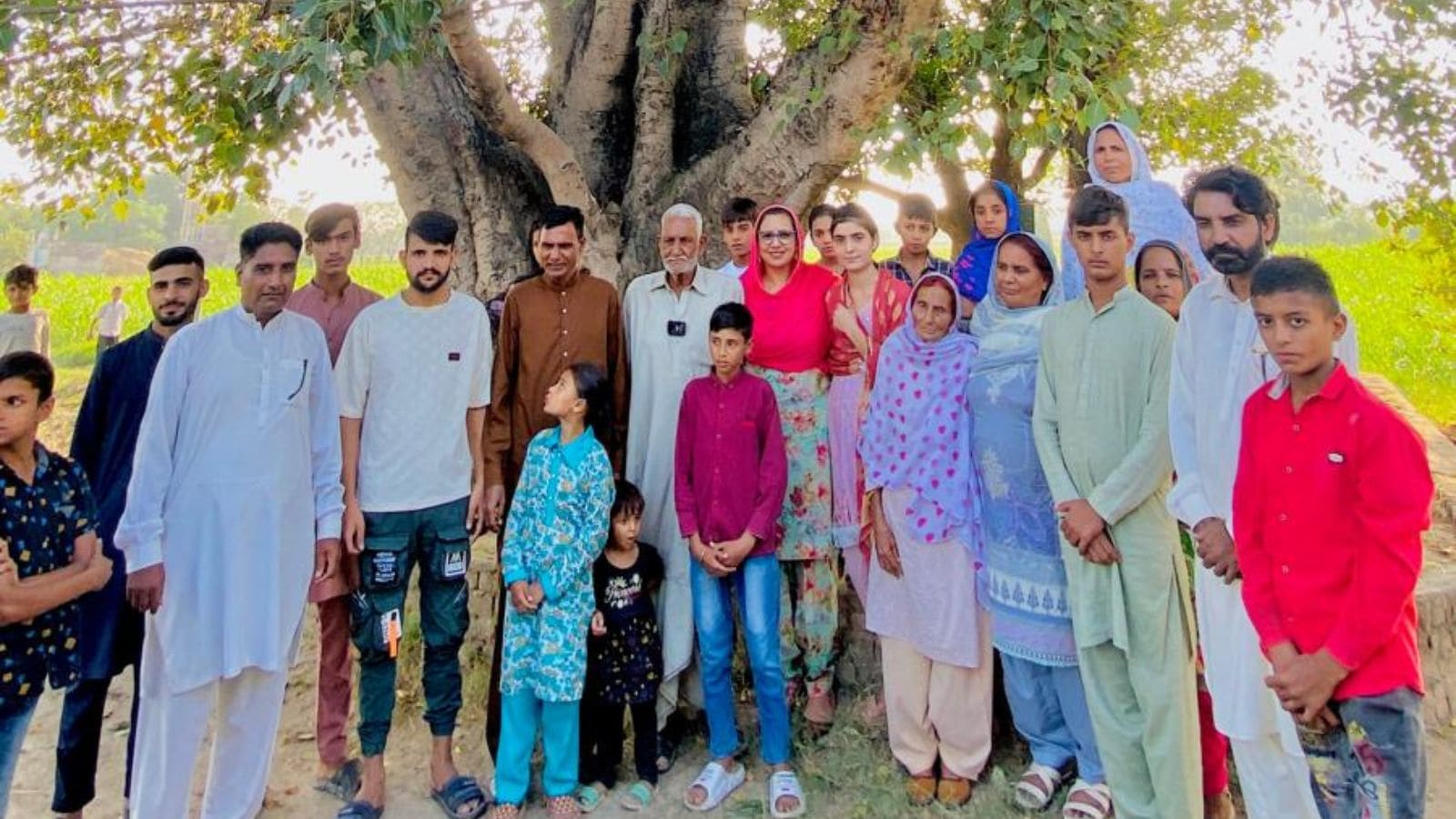 Kiran and family in front of the peepal tree at their village in Sialkot of Pakistan. (Photo courtesy: Jeevay Sanjha Punjab)
Kiran and family in front of the peepal tree at their village in Sialkot of Pakistan. (Photo courtesy: Jeevay Sanjha Punjab)
“We learnt that Ujagar Singh had converted to Islam. Despite converting to Islam, they still used Ghuman as their surname. The exchange of letters continued, and even I used to write letters to Pakistan. We would write in Gurmukhi (Punjabi script) and get replies in Urdu. I would request my school’s peon to translate them for me. The exchange of letters briefly ceased after my grandfather and his brother (Ujagar Singh) both passed away and I too shifted to the UK in 1997,” she says.
Spooked over the deteriorating relations between India and Pakistan, she says her family and in-laws both discouraged her from writing to her family in Pakistan. But Kiran kept sending letters to Pakistan.
 Kiran using the old chakki owned by her family. (Photo courtesy: Jeevay Sanjha Punjab)
Kiran using the old chakki owned by her family. (Photo courtesy: Jeevay Sanjha Punjab)
“Amdad Ghuman, a nephew of my uncle Nazeer Ahmad Ghuman, then started replying to my letters. Later, we also stayed in touch via telephone. However, the stringent visa rules and other issues made travel impossible,” says Kiran, adding that her visit was coordinated by Jeevay Sanjha Punjab, an organisation that helps reunite families living across the border.
Kiran, who lost her father in 2015, says her paternal uncle Santokh Singh was reduced to tears when she told him about her travel plans to Pakistan. “Tayaji (elder paternal uncle) said, ‘Take me with you’, before he started crying. Since he is wheelchair-bound, I decided that I would take some soil from the family field for him. I had told him, ‘Otthon di mitti laike aaungi, tuhade kaleje nu thandak pau (I will bring the soil from the village and your heart will be at peace)’,” says Kiran, adding that she also paid her respects at Ujagar Singh’s grave.
Though Kiran is scheduled to return to India soon, she says her only regret is that her grandfather died without ever seeing Ujagar Singh again. “My family’s loss in 1947 — the brothers getting separated — can never be recovered. This pain can only be felt by those who were actually separated. For others, it’s just in their conversations and stories,” she says.

